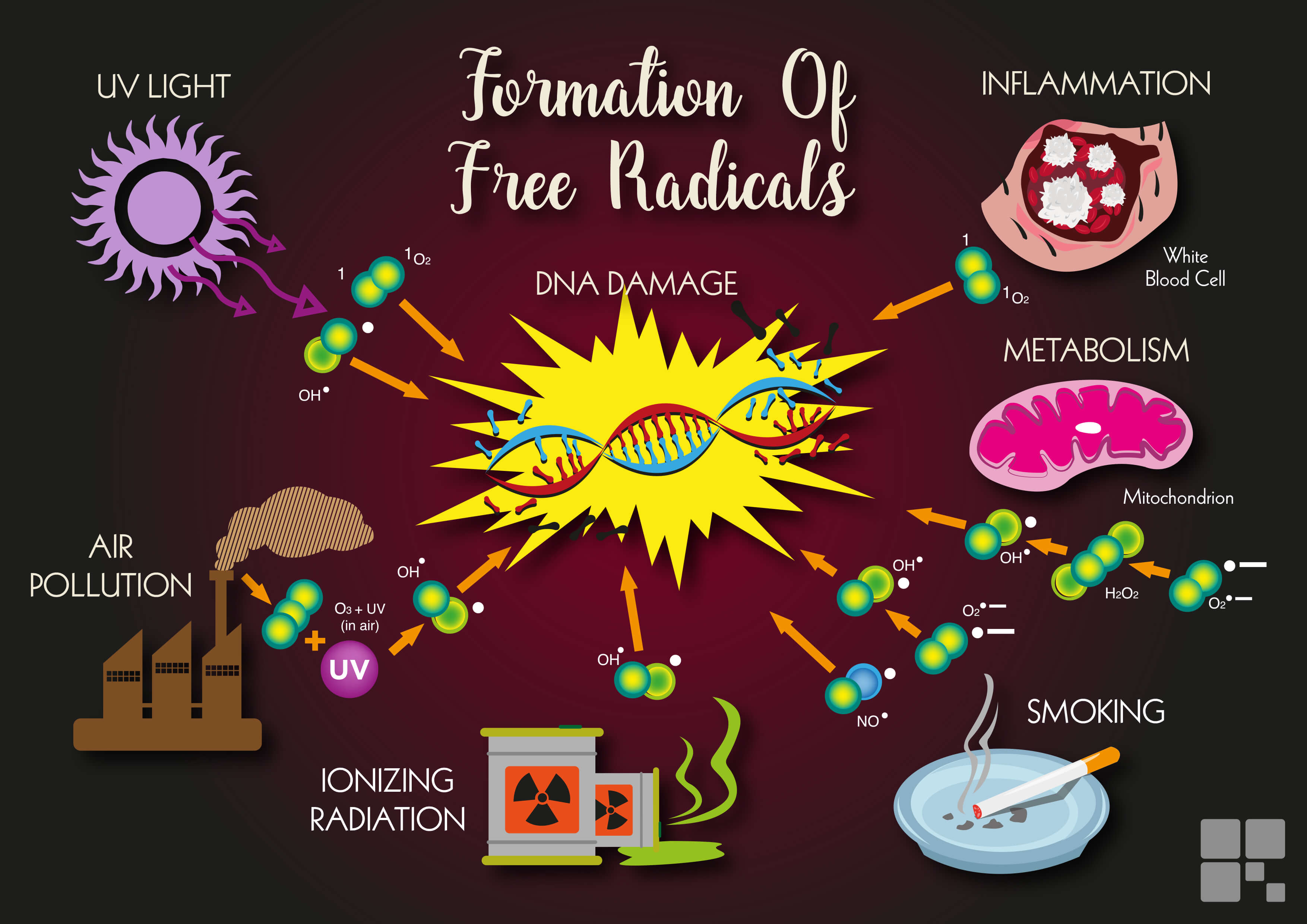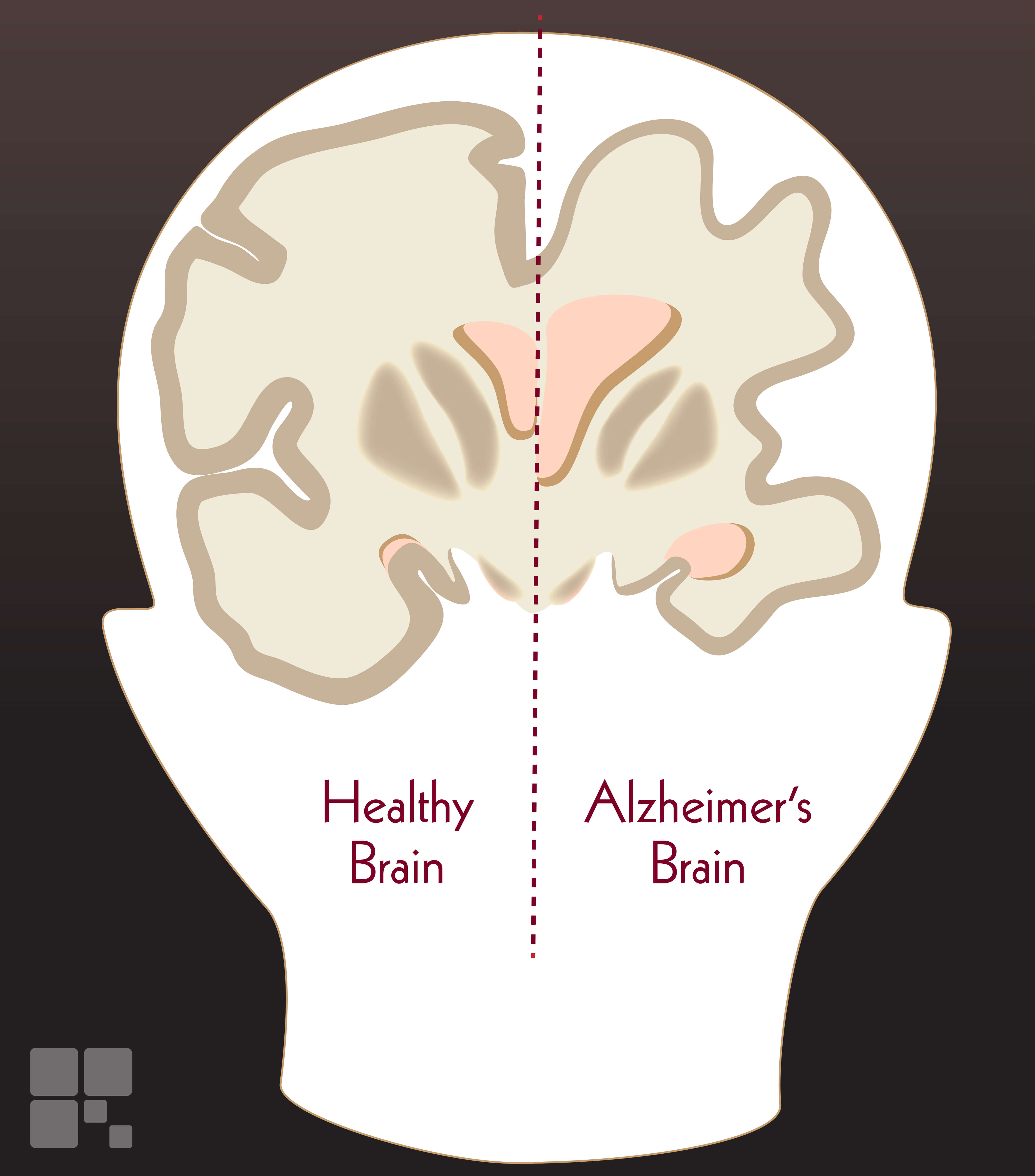For years now, there has been so much debate on whether or not coffee is actually good for us. If you are someone that drinks coffee each and every day, here are some of the health benefits that you will likely experience, as well as a few dangers that you need to watch out for.
What Exactly is Coffee?
Coffee is the most widely consumed beverage in the world, with 83% of the population of the United States being avid coffee drinkers. Consisting of a powerful collection of biologically active compounds, many people associate only caffeine with coffee, but this drink actually contains so much more than that, and is packed with thousands of complex substances.
Let’s look at the benefits and harms of drinking your daily espresso.
Benefits of Your Daily Espresso
1. Coffee Can Boost Physical Performance
Coffee has been proven to be able to increase energy and boost physical performance, making this a great beverage to sip on before a workout.
Drinking just one cup of coffee, around an hour before you intend to work out, can improve your performance by up to 12%.
Why?
Well, coffee increases the adrenaline in your blood, which is the hormone that your body produces to help it to deal with physical exertion. An increase in adrenaline levels then increases your energy, as well as the amount of exercise you are able to do.
2. Coffee Helps to Burn Fat and Lose Weight
While you should not depend solely on coffee if you are trying to lose weight, this beverage can definitely help you on your weight loss quest.
Coffee is packed with potassium and magnesium, both of which help the body to use insulin and regulate blood sugar levels. By keeping your blood sugar levels steady, you will not experience as many cravings for unhealthy foods and snacks, making it much easier for you to stick to a healthy diet.
But, don’t forget…
Although coffee can help you lose weight, you need to ensure that you are not filling your coffee with calorie-laden creams and sugars, as this will only counter the weight loss benefits that coffee can have.
3. Coffee Contains a Wide Range of Antioxidants
Here is a fact that will no doubt surprise you…
Coffee is the biggest source of antioxidants in the Western diet, and outranks both fruits and vegetables combined.
Coffee is absolutely packed with a wide range of antioxidants, including:
- Polyphenols – key when it comes to disease prevention
- Hydrocinnamic Acids – neutralizes free radicals and prevents oxidative stress
- Cafestol – an anti-inflammatory that protects the brain
- Melanoidins – an anti-bacterial and an anti-inflammatory that also gives coffee its distinct aroma
So, why exactly are antioxidants so important?
Well, the body is constantly being attacked by free radicals, and these cause so much damage to your cells, affecting them as deeply as DNA level. Antioxidants are able to neutralize these free radicals, keeping your body healthier, as well as more youthful, for longer.

But, here’s the deal…
The way in which you prepare your coffee will have a significant impact on its antioxidant content. For example, roasted coffee has many more antioxidants than non-roasted coffee, so always opt for coffee that is as high quality as possible.
4. Coffee Reduces Your Risk of Type 2 Diabetes
Affecting over 300 million people, type 2 diabetes is one of the most common diseases out there, and refers to blood sugar levels being elevated due to a resistance to insulin.
There have been multiple studies carried out over the years that look at the relationship between coffee and type 2 diabetes, and the results have been surprising…
By drinking coffee on a daily basis, you will be able to reduce your risk of developing diabetes by an impressive 23-67%.
5. Coffee Offers Protection for the Brain
As the body ages, neurodegenerative diseases become so much more common.
What is a neurodegenerative disease?
These are brain diseases that occur due to the death of neurons in the brain. These diseases are always progressive, meaning that neurons will continue to die and the disease will only worsen over time.
The two most common neurodegenerative diseases out there are Alzheimer’s, which is also the leading cause of dementia, and Parkinson’s.

Fortunately, coffee can help to protect your brain from both of these…
- Alzheimer’s – Research shows that coffee drinkers have a 65% lowered risk of developing Alzheimer’s
- Parkinson’s – Studies show that coffee drinkers have a 32-60% lowered risk of developing Parkinson’s, with this number increasing with the more coffee that you drink
By protecting the neurons in your brain, coffee will also reduce your risk of developing dementia as you get older.
6. Coffee Improves Mood and Acts as an Anti-Depressant
The caffeine that coffee contains is a known stimulant, and, each time you drink a cup of coffee, the caffeine blocks the function of one of your brain hormones, known as adenosine.
Wondering what this actually means?
Well, by blocking adenosine, your brain is then able to enjoy an increase in activity, and releases several other neurotransmitters, including dopamine and norepinephrine.
Here is what this can do for you:
- Improves your mood
- A short-term boost to brain function
- Reduces tiredness and increases alertness
All of these effects then work together to fight depression, with one Harvard study showing that coffee drinkers experience a 20% lowered risk of becoming depressed.
This also relates to suicide rates, with coffee drinkers being 53% less likely to take their own lives.
7. Coffee Can Lower Your Risk of Premature Death
Premature deaths can be caused by so many different factors, including all of the health issues mentioned in this article.
By experiencing so many health benefits, it only makes sense that coffee drinkers have a much lowered risk of dying prematurely.
How much coffee do you need to drink for this?
Studies have shown that when drinking four to five cups of coffee a day, men have a 12% reduced risk of premature death, while women have 16%.
However, even just one cup of coffee a day can still reduce your risk of premature death by 5-6%, showing you just how little is needed to make a difference.
8. Coffee Can Reduce the Risk of Cancer
Thanks to its phenolic compounds, coffee can have a significant impact on different types of cancer.
Numerous studies have been carried out over the years. Here are some of the results:
- A 2012 study found that each cup of coffee a day would lessen your chances of developing endometrial cancer by 8%
- A 2011 study showed that each cup of coffee a day would reduce the risk of pancreatic cancer by 4%
- A 2011 study found that each cup of coffee a day would reduce the risk of bladder, breast, prostate and colorectal cancers by 3%
Here is the best bit…
When it comes to liver cancer, a 2007 study found that drinking two extra cups of coffee a day would lower an individual’s risk by 43%.
8. Coffee Can Help with Oral Health
You are probably thinking…
“Coffee is known to stain teeth. How can it help with oral health?”
While it is true about coffee staining the teeth, this is a cosmetic problem, and does not actually signify anything about a person’s health.
In fact, when drank straight black, the antioxidants found within coffee make your teeth less adhesive. This means that bacteria is not able to hold on to your teeth with much strength, not only keeping them cleaner, but also making them easier to clean.
Harms of Your Daily Espresso
1. Coffee Can Elevate Cholesterol Levels
While coffee does not contain cholesterol itself, it does interfere with the way in which your body produces and regulates cholesterol.
How?
As mentioned above, coffee contains an antioxidant called cafestol. While this compound does have its benefits, it affects the way in which your body metabolizes cholesterol, leading to raised cholesterol levels.
Fortunately, there is a way around this…
There are multiple ways to brew a coffee, but, if you do it in an American-style coffee pot, with a filter, then the resulting coffee will actually have quite low cafestol levels.
Why is this?
Since the coffee only passes through the grounds once, most of the cafestol is left behind in the filter. On the other hand, a French press brews coffee by constantly passing water through the coffee grounds, meaning that the resulting beverage contains quite a bit of cafestol.
However, even if you do like a French press, you may not need to worry too much about raised cholesterol levels…
Research has indicated that you would need to drink around five cups of French press coffee a day to see an increase in your cholesterol levels, so as long as you ensure that your coffee consumption does not become excessive, then you should not have a problem.
2. Coffee Can Increase Your Risk of Heart Disease
While coffee does not increase the risk of heart disease for everybody, it does if you have a genetic mutation that slows down the rate at which caffeine is broken down by the body.
Since your body will not be able to metabolize the caffeine quickly enough, this can significantly increase your chances of developing heart disease.
Fortunately, this does not mean that you have to completely avoid coffee…
Try to stick to just one cup a day, as the risks will only come from drinking two cups or more.
3. Coffee Can Be Addictive
If you are quite dependent on your daily coffee, then you will already be aware of the fact that coffee is quite addictive. This is due to the caffeine in coffee, with the term caffeine dependence being coined a few years ago.
What does too much caffeine do to your body?
A number of things:
-
- Increases anxiety
- Disrupts sleep patterns
- Leads to insomnia
- Increases blood sugar levels
- Can lead to spinal bone loss if an individual is not consuming enough calcium
A Lowered Tolerance
While all of these health benefits that coffee can bring to the body may sound great, keep in mind that many of these effects are likely to only be short term. If you are someone that drinks coffee multiple times a day, then you are likely to soon build up a tolerance to its benefits, meaning that the results will not be as noticeable, and you will be more likely to experience some of the negatives that come with coffee.
So, how much is too much?
Drinking more than eight cups of coffee a day would be considered excessive, and would bring about the negative effects mentioned above.
So, as long as you stay below this guideline, and do not fill your coffee with sugars, flavors and creams, you will be able to enjoy nothing but the many benefits that coffee can bring to the body.
How to Make Your Daily Espresso Healthier
As mentioned above, you need to ensure that you do not add sugars and other harmful ingredients to your coffee, as this negates its benefits.
Here are a few other tips to help you to ensure that your daily brews are as health-boosting as possible:
- Coffee is often sprayed heavily with pesticides, making it worth springing for organic versions
- For maximum health benefits, drink your coffee straight black
- Adding a square of 70% cacao dark chocolate to your cup of coffee will give it a chocolatey edge, while bringing you all of the health benefits of the cacao too

So, how should you brew your coffee?
Well, that all depends on what you are trying to gain from it…
- If you want a coffee that is as “pure” as possible, opt for a French press
- If you have acid reflux or a sensitive stomach, go for cold-brewed coffees, as these are much less acidic
- If you have cholesterol concerns, an American-style coffee pot or an instant coffee may be your best bet
Do not be afraid to experiment with all of the different coffees, as well as brewing methods, that are out there. While you do want your coffee to be as beneficial to your health as possible, you still need to be able to find a brew that truly satisfies your taste buds.




